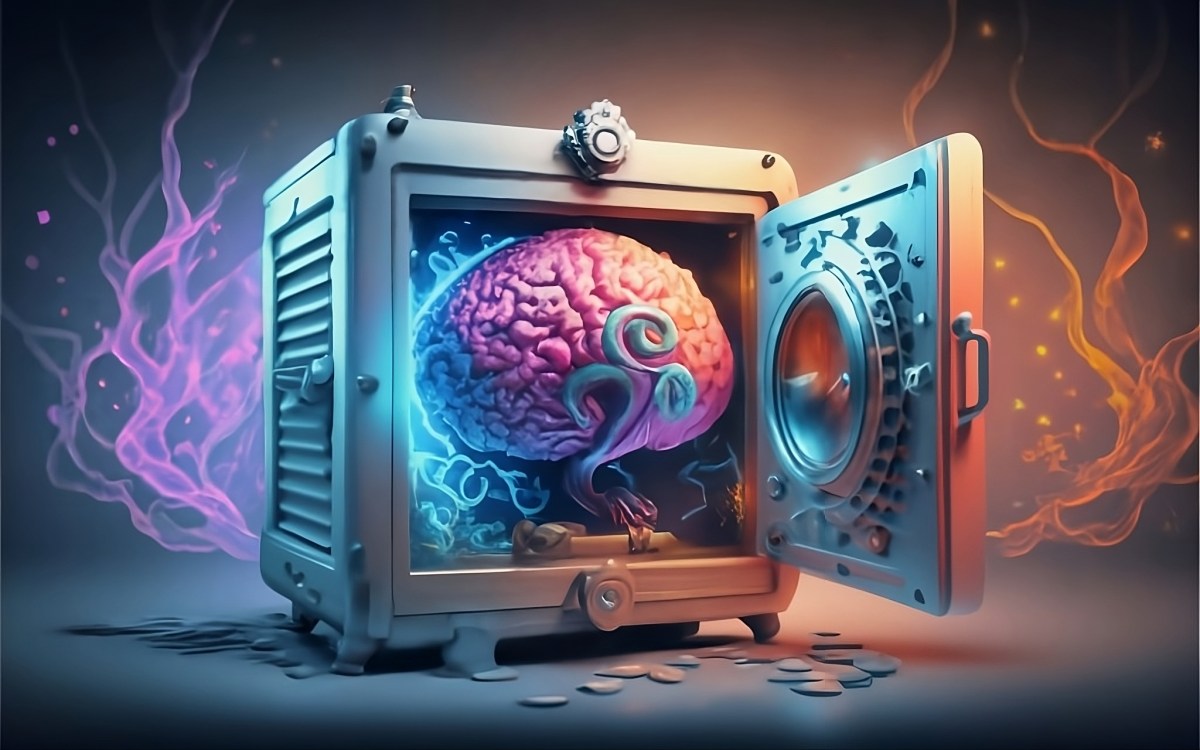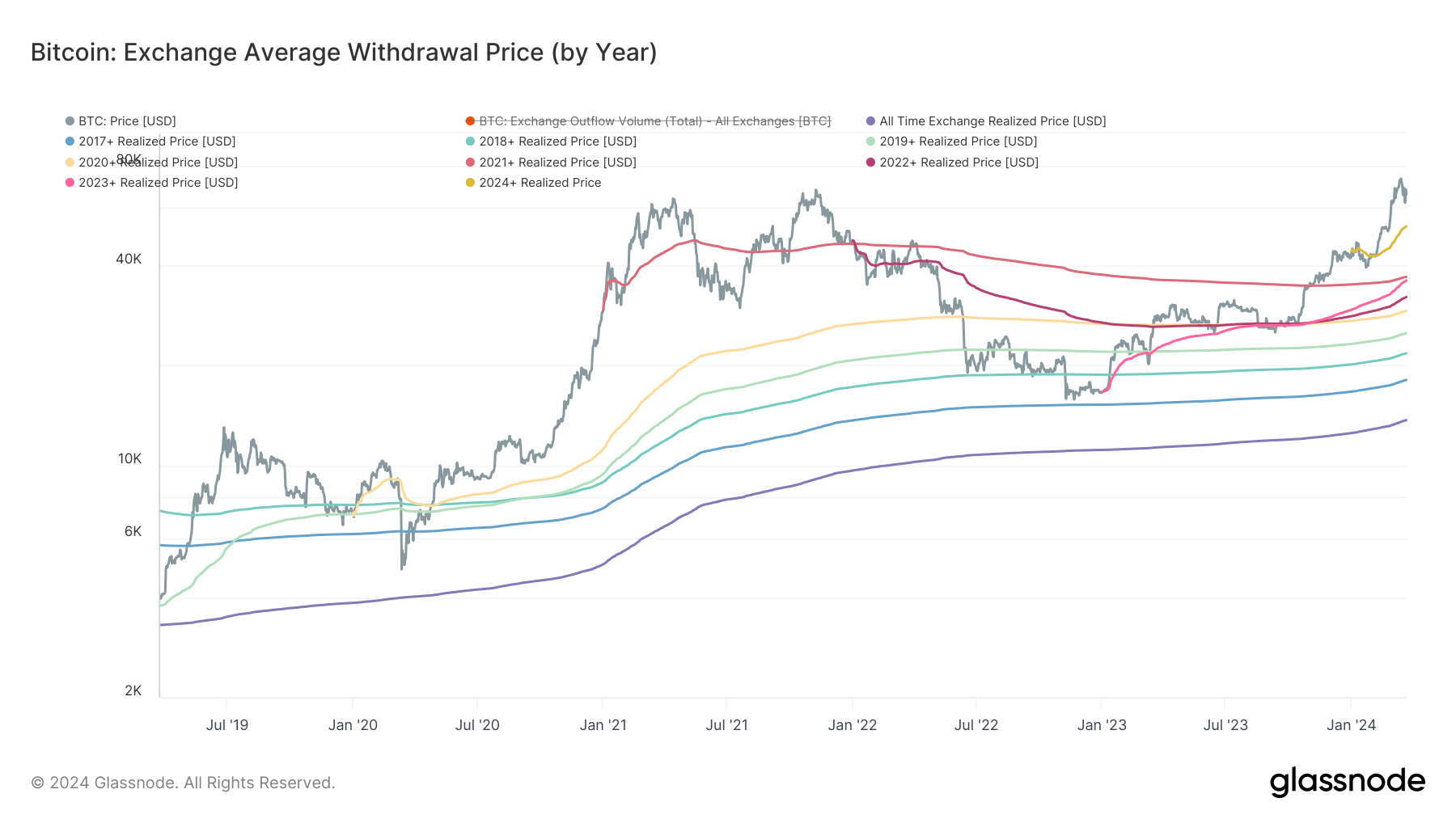The Impact of AI-Generated Content on Data Integrity
The rapid evolution of AI technologies has led to a surge in AI-generated content that spans images, videos, and texts. However, this proliferation has raised concerns about misinformation and deception, challenging our ability to distinguish between truth and falsity.
Since 2022, AI users have collectively produced over 15 billion images, a monumental figure that surpasses what humans generated in the 150 years before 2022.
The Ramifications of AI-Generated Content
The vast amount of AI-generated content is starting to reveal significant implications. Historians will view the post-2023 internet as a distinct era due to the sheer volume of generative AI imagery. Notably, Google Image searches are increasingly yielding gen AI results, leading to instances where AI-created content is misinterpreted as real.
Integrating ‘Signatures’ in AI Content
Deepfakes, powered by machine learning algorithms, generate counterfeit content by emulating human expressions and voices. Recent advancements, such as Sora from OpenAI, showcase how virtual reality is rapidly blurring the line between the digital and physical realms.
Major tech companies, like Meta and Google, have unveiled initiatives to identify AI-generated content through visible markers, invisible watermarks, and detailed metadata. The Coalition for Content Provenance and Authenticity (C2PA) has emerged as an open-source protocol to trace digital files’ origins, distinguishing genuine content from manipulated material.
Ensuring Transparency and Accountability
While these efforts aim to enhance transparency and accountability in content creation, questions arise about their effectiveness in combating the misuse of AI technology. The Edelman Trust Barometer underscores global skepticism towards the management of technological innovations by institutions, revealing concerns about the societal impact of rapid technological advancements.
To instill trust in innovation, standards must be established to address issues like biased AI models, data quality in training processes, and transparent communication about technological developments. Failure to implement such measures risks rendering content watermarking ineffective in combating misinformation and restoring trust in synthetic content.
In conclusion, the rise of AI-generated content underscores the imperative of fostering transparency, ensuring accountability, and mitigating the risks associated with advanced technologies. By addressing these challenges, we can safeguard data integrity and uphold the ethical use of AI in the digital landscape.
Image/Photo credit: source url





